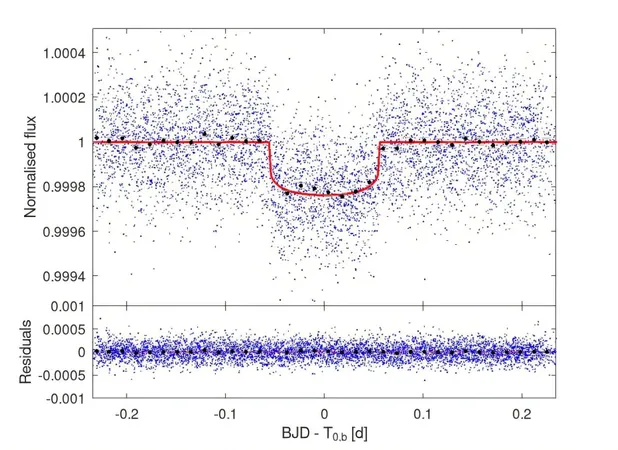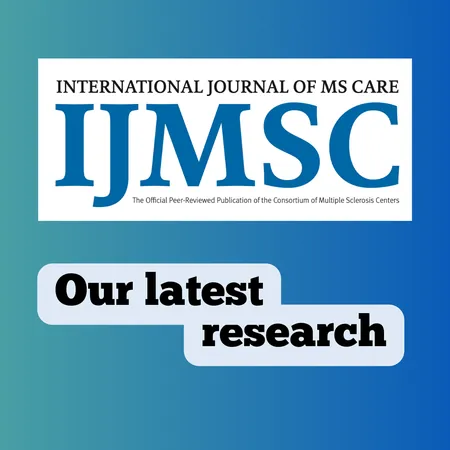
The Truth About Soy: New Study Busts Cancer Myths and Highlights Benefits!
2024-12-02
Author: Liam
The Truth About Soy: New Study Busts Cancer Myths and Highlights Benefits!
A groundbreaking study from the University of Toronto has finally put to rest the long-standing myth that soy consumption may be harmful, particularly for postmenopausal women. This research, published in Advances in Nutrition, provides compelling evidence that eating soy foods, such as tofu, tempeh, and edamame, has "no effect on key markers of estrogen-related cancers."
Soy has been a staple in Asian cuisines for over three millennia, yet misconceptions about its safety persist, primarily due to fears surrounding its isoflavones—plant compounds with estrogen-like properties. The study analyzed data from 40 randomized controlled trials involving more than 3,000 participants and was funded by the U.S. Department of Agriculture’s United Soybean Board.
Dawn Mussallem from the Mayo Clinic, who was not involved in the research, stated, “Every day, I see patients who worry about consuming soy products. It’s a myth that we need to eradicate.” This sentiment echoes findings from health organizations, including the Canadian Cardiovascular Society, which recommend incorporating soy as a healthy protein source.
Adding to the evidence, registered dietitian Gabrielle Viscardi, lead author of the study, explained that while isoflavones are structurally similar to estrogen, they don’t bind to all estrogen receptors in the body, which could explain their protective effects on the cardiovascular system without promoting negative outcomes in the female reproductive system.
Previous studies highlighted potential health benefits of soy, including a reduced risk of heart disease and relief from menopausal symptoms. In fact, experts suggest that consuming up to three servings of soy daily—equating to about a cup of soy milk or a third of a cup of tofu—may even offer protective benefits against several cancers, including breast and prostate cancer.
Moreover, some researchers allude to the possibility that soy could serve as an alternative to hormone replacement therapy (HRT), paving new avenues for safe management of menopause symptoms. While earlier studies noted an increase in cancer risk among rodents subjected to high isoflavone doses, these findings do not translate to human consumption, primarily because the metabolic processes differ.
Anna Van Osch, a dietitian from the Odette Cancer Centre at Sunnybrook Hospital, emphasizes that soy foods are safe for individuals with hormone-sensitive cancers, further reinforcing the study’s implications.
This research not only debunks prevalent misconceptions but also underscores the potential health benefits of soy consumption. So, the next time you're tempted to skip that tofu stir-fry, remember: enjoying soy might not only be safe but could also be a smart choice for your health!









 Brasil (PT)
Brasil (PT)
 Canada (EN)
Canada (EN)
 Chile (ES)
Chile (ES)
 España (ES)
España (ES)
 France (FR)
France (FR)
 Hong Kong (EN)
Hong Kong (EN)
 Italia (IT)
Italia (IT)
 日本 (JA)
日本 (JA)
 Magyarország (HU)
Magyarország (HU)
 Norge (NO)
Norge (NO)
 Polska (PL)
Polska (PL)
 Schweiz (DE)
Schweiz (DE)
 Singapore (EN)
Singapore (EN)
 Sverige (SV)
Sverige (SV)
 Suomi (FI)
Suomi (FI)
 Türkiye (TR)
Türkiye (TR)